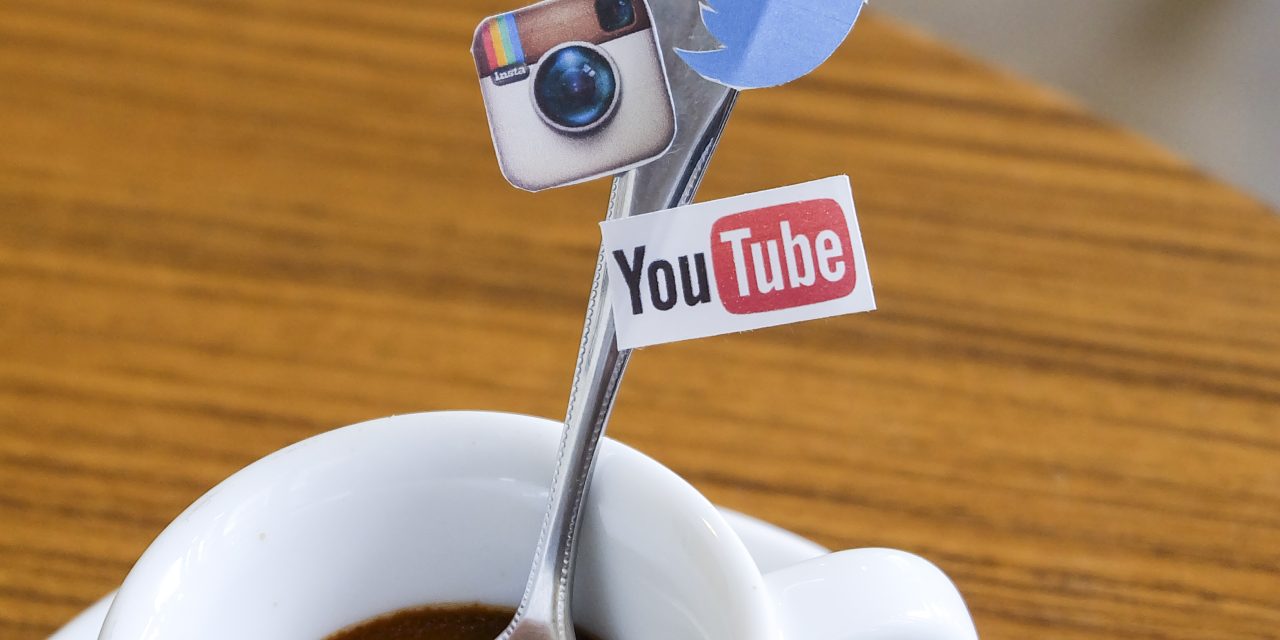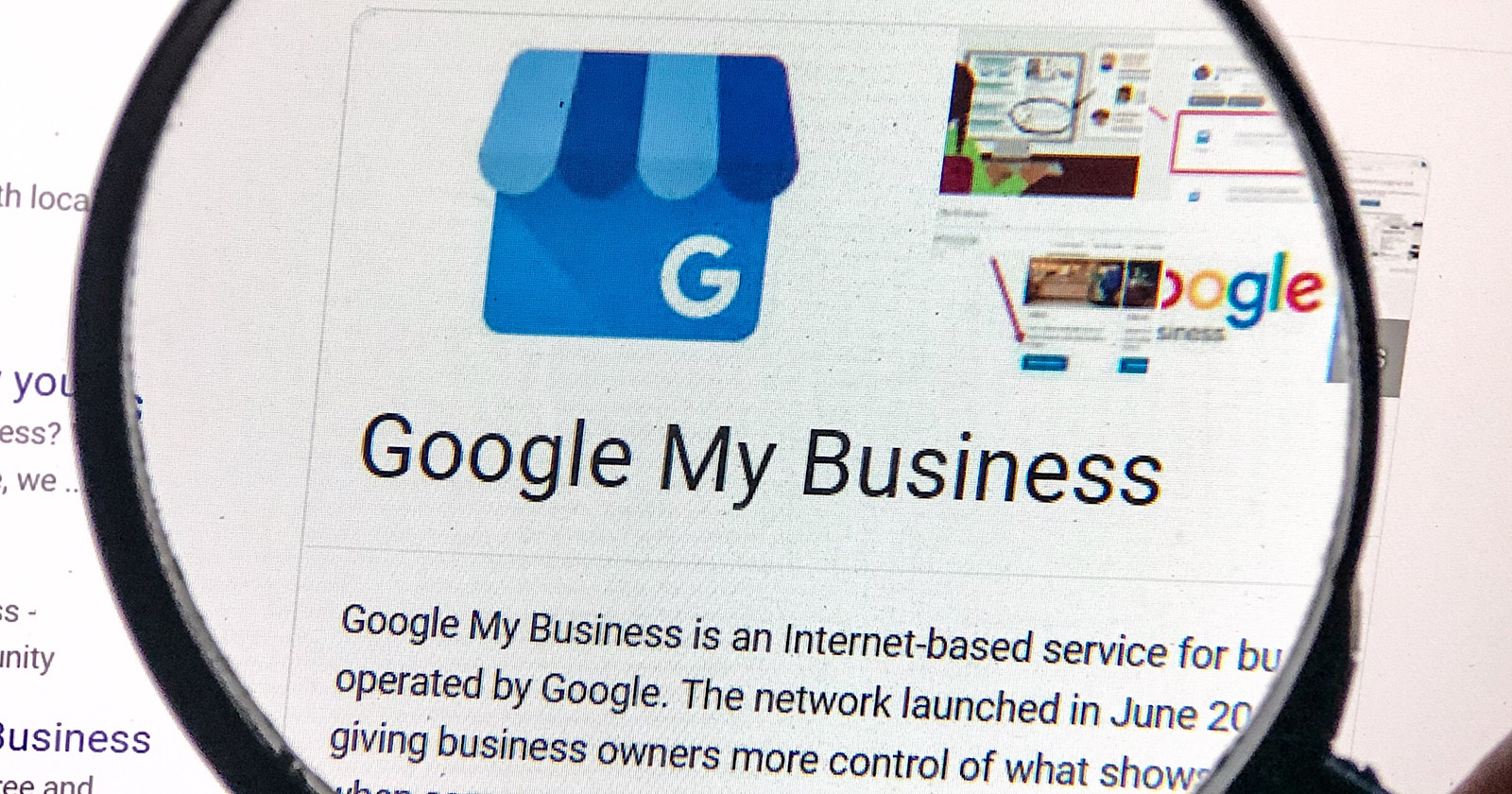Twitter is one of the most popular social media platforms in the world, with millions of users logging on every day to share information and connect with others. While many businesses have turned to Facebook or Instagram as their primary marketing channels, there are still plenty of benefits that come from using Twitter for small business marketing. In this post, we’ll explore some of the key advantages of Twitter marketing, how you can use it effectively, and whether it’s really the best platform for your small business.
Introduction to Twitter Marketing for Small Businesses
When it comes to Twitter marketing for small businesses, the first step is understanding what makes this platform unique. Unlike other social media sites like Facebook or LinkedIn, Twitter has a much faster pace and shorter attention span. With just 280 characters per tweet (and even less if you include images or videos), brevity is key. However, this also means that Twitter is perfect for quick updates, news flashes, and real-time engagement with customers.
To get started with Twitter marketing for your small business, you’ll need to create an account and start building your following. This involves finding relevant people and brands to follow, sharing interesting content, and engaging with your audience through likes, retweets, and direct messages. You should also make sure to optimize your profile by including a clear description of your business, a high-quality header image, and a consistent brand voice across all of your posts.
How to Use Twitter for Effective Marketing
Once you’ve gotten the basics down, it’s time to dive into more advanced strategies for effective Twitter marketing. One important tactic is to use hashtags to reach new audiences and increase visibility. By adding relevant keywords or phrases to your tweets, you can help them show up in search results and attract new followers who may be interested in your products or services.

Another powerful tool for Twitter marketing is paid advertising. Through Twitter Ads, you can target specific demographics based on interests, behaviors, and location, making it easy to reach potential customers who might not otherwise find your business. And because Twitter ads are often cheaper than those on other platforms, they can be a cost-effective way to boost your reach and drive conversions.
Does Twitter Work for Small Businesses? Find Out Here
One question that many small business owners ask when considering Twitter marketing is whether it actually works. The answer depends largely on your industry, customer base, and overall marketing goals. For example, if you run a B2B company that targets other businesses, LinkedIn might be a better fit. But if you sell consumer goods or offer services that appeal to a wide range of individuals, Twitter could be an excellent choice.
The reason why Twitter can work well for small businesses is its ability to facilitate real-time communication between brands and consumers. Whether you’re responding to customer service requests or sharing behind-the-scenes glimpses of your operation, Twitter allows you to build relationships with your audience and establish trust over time. Additionally, since Twitter moves at such a fast pace, it’s easier to stay top-of-mind with your followers and keep them engaged without feeling too intrusive.
The Best Type of Social Media Marketing for Your Small Business
Ultimately, the best type of social media marketing for your small business will depend on your individual needs and goals. If you want to focus primarily on visual storytelling, Instagram might be the right choice. If you’re looking to build long-term relationships with clients, LinkedIn could be ideal. But if you want to capitalize on speed, immediacy, and real-time engagement, Twitter could very well be the best platform for your small business.
Conclusion: Is Twitter the Best Platform for Your Small Business
So, is Twitter the best social media platform for your small business? It depends. While it certainly has its strengths, particularly in terms of real-time engagement and rapid communication, it may not be the only or even the best option depending on your industry, target audience, and marketing objectives. Ultimately, the decision should be made after careful consideration of these factors and experimentation with different platforms to see which ones resonate most strongly with your audience.





